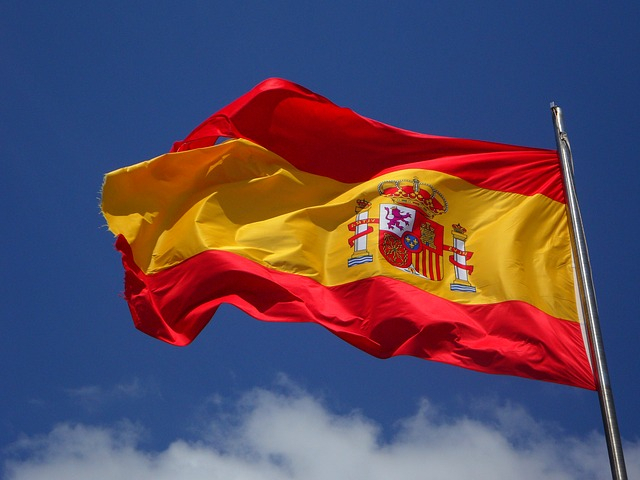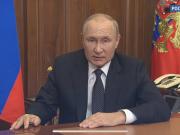Spain closed a giant temporary hospital in Madrid that had become a symbol of its fight against the coronavirus pandemic on Friday and people prepared to emerge from their homes for walks in the street after seven weeks of strict lockdown. The developments showed that Spain was pulling out of the crisis that has now claimed the lives of 24,824 people. The death toll rose by 281 overnight, according to the health ministry, a small rise from the previous day but still one of the lowest daily tolls in weeks.
But the economic cost was adding up. Economy Minister Nadia Calvino on Friday announced a forecast of a record fall in Spain's gross domestic product (GDP) of 9.2 percent in 2020 - greater than during the country's Great Recession of 2008-2013. Spain has been one the countries worst hit by the pandemic that spread across the globe from China since December. However, the pandemic's decline in Spain has drastically reduced the number of people admitted to hospitals - 732 new patients, according to the latest data - and authorities on Friday closed down the temporary facility set up at Madrid's Ifema exhibition centre.
"I thank the whole centre, from the cleaning staff to the top, they have been loving, kind to us, a human warmth," said 73-old Patrocinio Gonzalez Dorado, as she left the compound wearing a protective mask decorated with paper lips. "We haven't had family here and they have served as family and support," said Gonzalez, who had been there since April 7.
Dozens of health workers staged a protest

The hospital, with 1,350 beds, was Spain's largest during the outbreak and a symbol of the nation's struggle. It treated about 4,000 patients and will remain equipped and ready to reopen in the event of a new outbreak. Another patient leaving the centre in a wheelchair was applauded by health personnel while a singer sang the "Nessun Dorma" aria from the opera "Turandot".
However, dozens of health workers staged a protest when Madrid regional president Isabel Díaz Ayuso came to officially close the facility, demanding more tests and better protective equipment. Data shows that 41,239 health workers have tested positive for COVID-19 so far. Unable to protest in the streets in the traditional Labour Day rallies were Spanish trade unions, prevented from gathering for the first time since the right to demonstrate was legalised in Spain in 1978.
Adapting to the restrictions, the unions called for virtual rallies on social media, demanding labour rights as potentially the worst economic crisis in Spanish history and a huge surge of unemployment loomed. Economy Minister Calvino forecast a record fall in GDP of 9.2 percent in 2020 but said a projected recovery in 2021 with a 6.8 percent increase was expected. Unemployment for 2020 was forecast to rise to 19 percent, easing to 17.2 percent in 2021.
SPANISH STROLL
On Saturday Spaniards will be able to go out for the first time since March 15 to walk or play individual sports, putting an end to one of the strictest confinements in all of Europe. Children were able to go out for the first time in six weeks on previous Sunday, with families gathering in parks and seaside walks.
To avoid overcrowding, the government has implemented a shift system for going out to the street by age groups. From Saturday, people will be allowed to take short walks and play sports from 6 a.m. to 10 a.m. and 8 pm to 11 pm Between midday and 7 pm will be reserved for young children, with the remaining slots set aside for elderly and vulnerable people.
The outings are part of a phase-out plan that from Monday will also allow some businesses to reopen and more relief measures for some small islands of the Canaries and Balearic archipelagos. Meticulous hygiene and social distancing will still be of paramount importance. Beaches and hotels lie empty in a tourism sector that is one of the biggest contributors to the economy. Another driver, construction and real estate, is at a standstill after only just recovering from the 2008 financial crisis.









